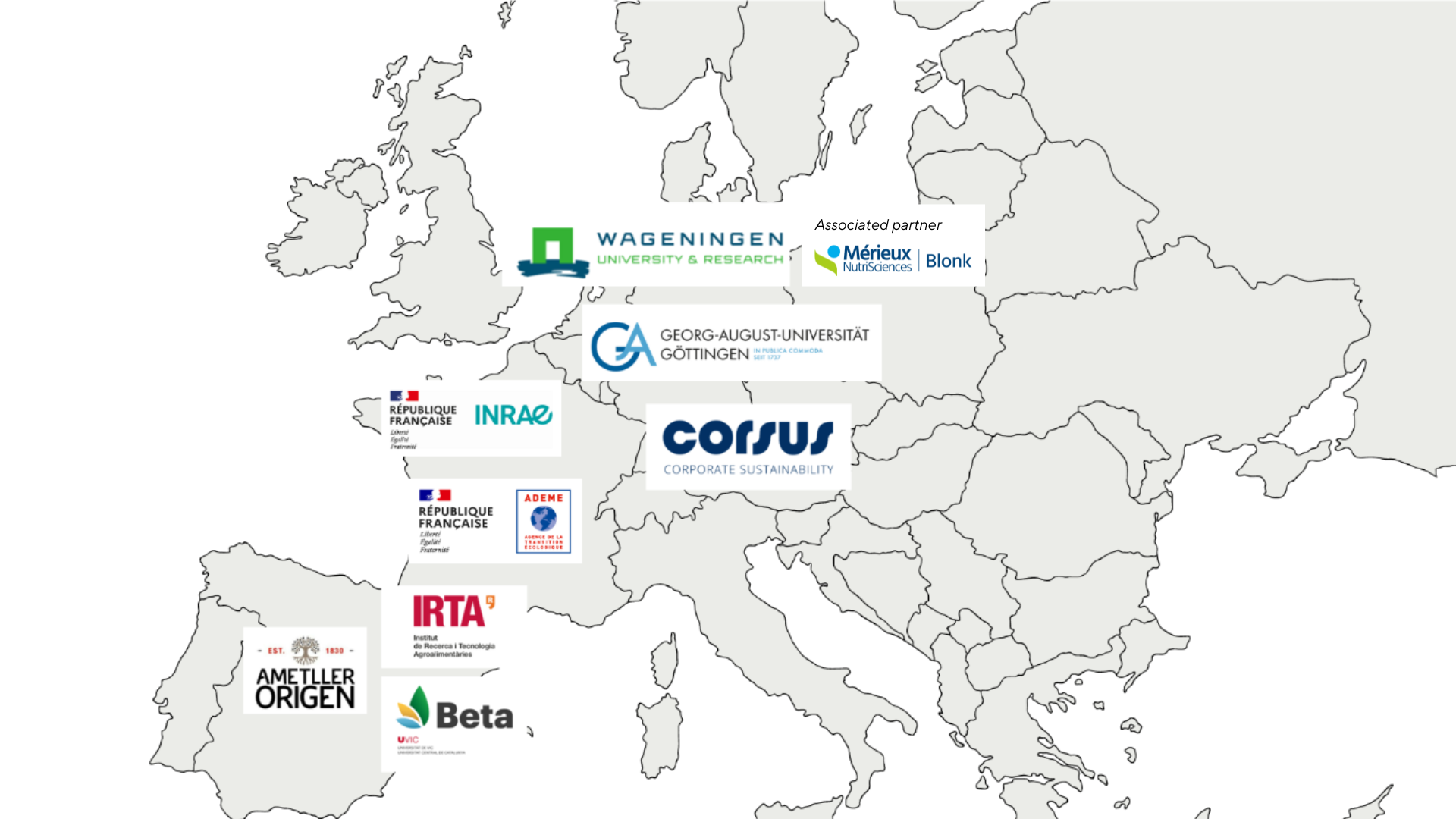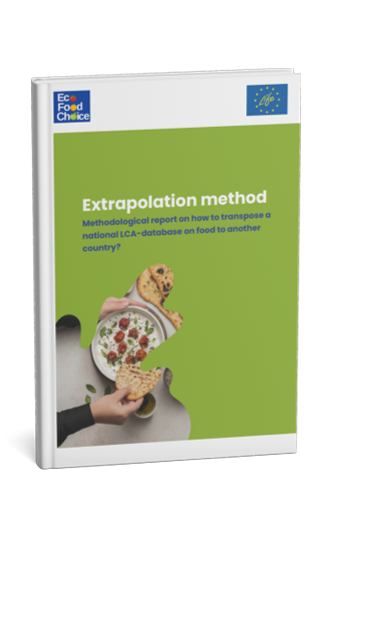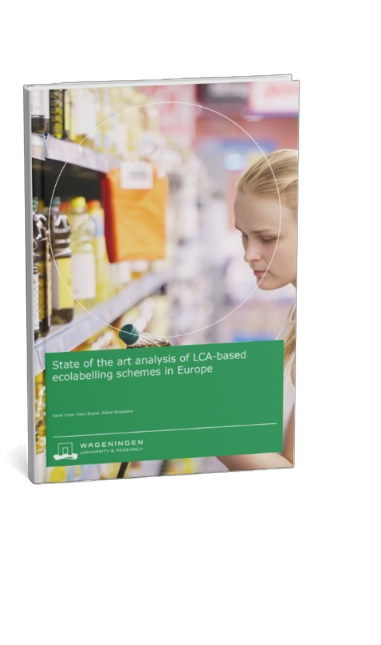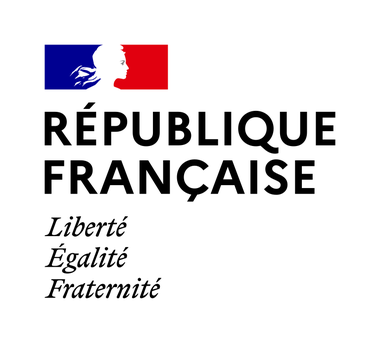Life ECO FOOD CHOICE - Harmonizing ecolabelling on food products across Europe

Life ECO FOOD CHOICE was born of the shared ambition of reaserchers to develop and harmonize environmental labelling on a European scale. The project, financed by the LIFE program, brings together 9 European partners from Spain, Germany, France, and the Netherlands, with researchers and companies who are experts in their fields: agricultural production, data, LCA, consumer sciences, etc.

The three main components of the Life ECO FOOD CHOICE project
To achieve this ambitious goal, the LIFE project has set itself a number of specific objectives, which can be grouped into three main work streams:
-
Construction of European databases: The project will develop a harmonized methodology for life-cycle inventories of food products in Europe, with the aim of creating robust environmental databases for food products.
-
Development of methods and tools: Building on French work, the aim is to develop a standardized method for aggregating life cycle inventory scores and translating them into an environmental score that takes into account all the environmental impacts of food products.
-
Display format and testing: We plan to test an environmental display in real-life conditions, involving experiments in supermarkets, canteens and online platforms in France, Germany, the Netherlands and Spain. These tests will help assess the impact of labelling on consumer purchasing behaviour and on farmers' practices.
(Re)watch the second webinar of the LIFE Eco Food Choice project, now available on replay!
On the agenda:
- Project updates & next steps: A progress update on the LIFE Eco Food Choice project.
- Overview of eco-labelling & future outlook: As part of the project, Wageningen University & Research released a comparative report on the 16 most relevant LCA-based eco-labels in Europe, assessed across 40 criteria. Discover key findings presented by the expert Koen Boone, European Director at The Sustainability Consortium at Wageningen University & Research.
- Interactive Q&A: A live session with audience questions and expert responses.
Watch the replay now!
Our Previous Webinars
April 18, 2024: Introduction to the Eco Food Choice Project

Discover our methodology on extrapolating LCA data from one country to another
Discover the report here


